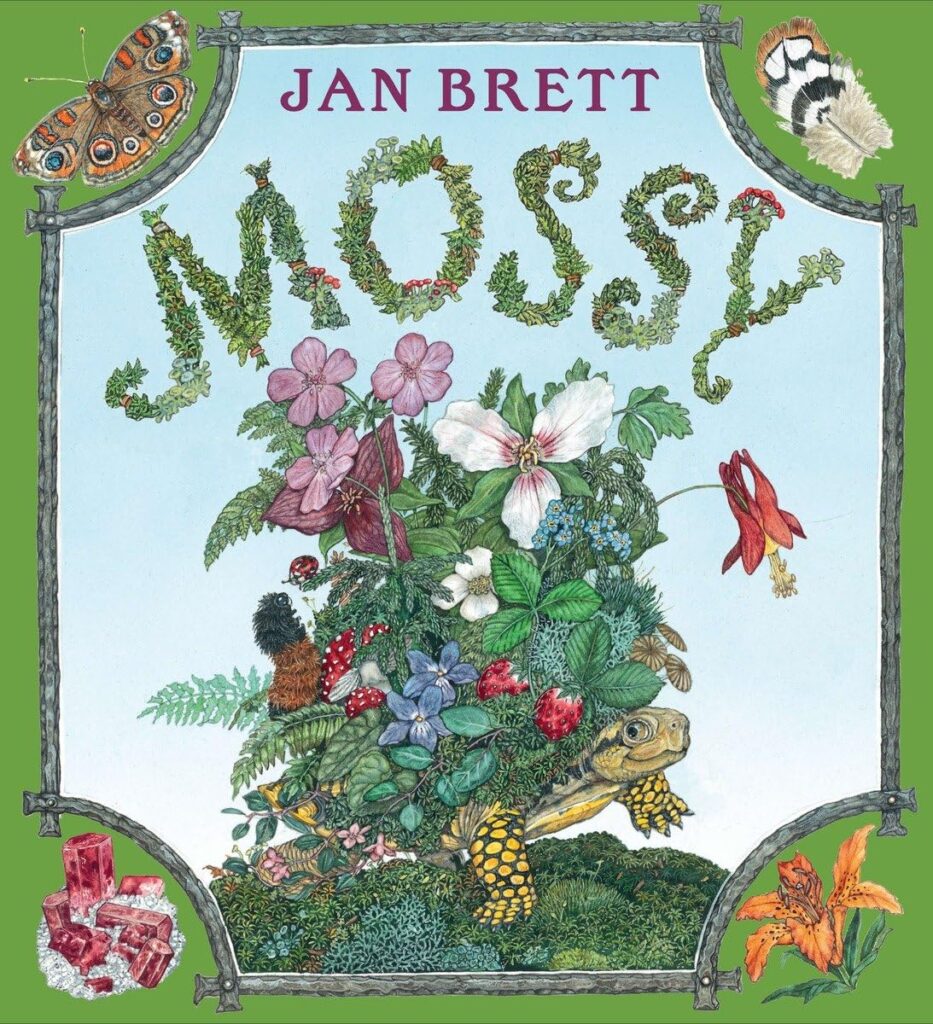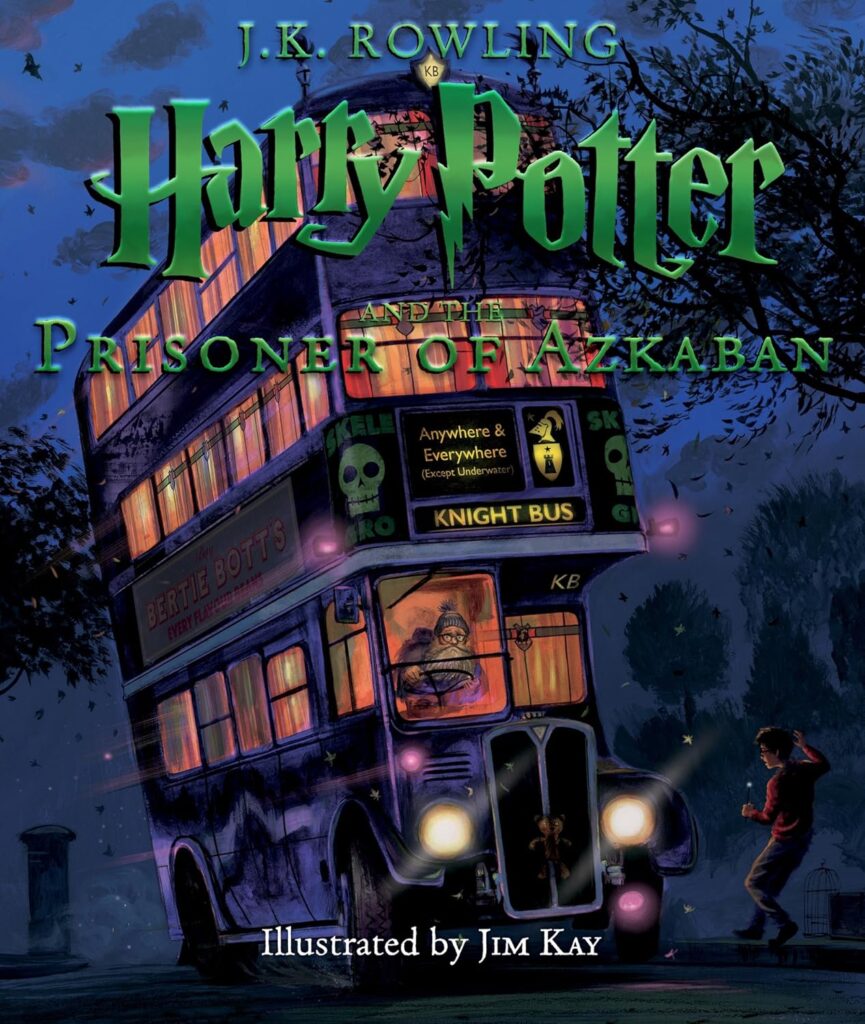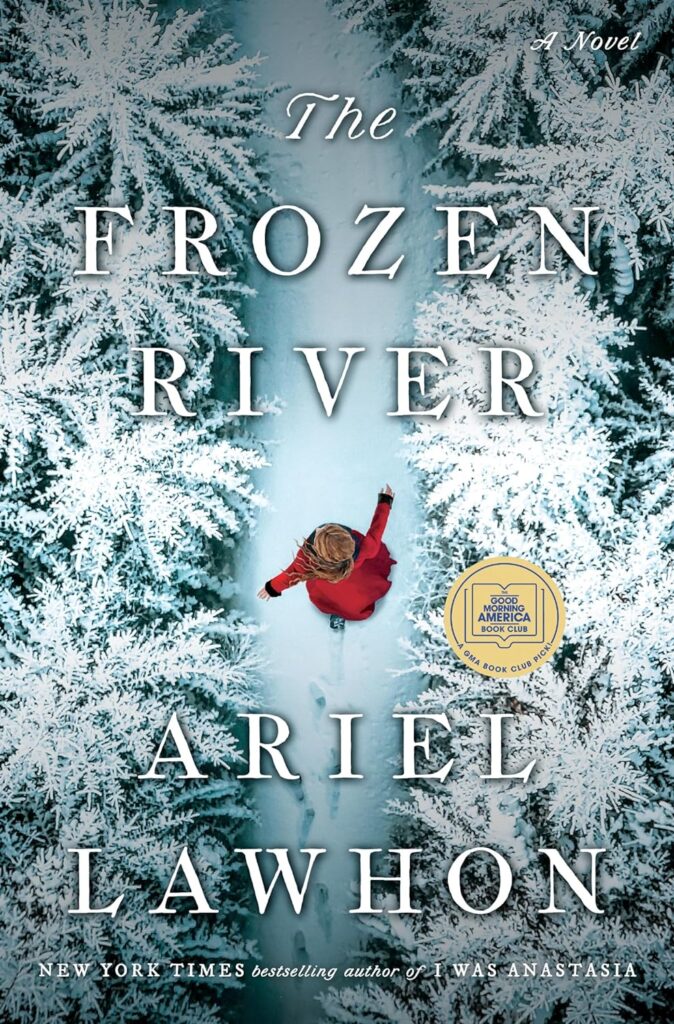I’ve been busy getting ready for my Kickstarter in September, and a really exciting series of videos I’m launching on YouTube, walking through all the steps it took to bring my story to life in a real, published book.
I know when I started dreaming of becoming a published author, I would have loved to understand the whole process of how to make it happen. I have learned so much in the past years, and I am thrilled to share it with others. In fact, I thought you might like a sneak peek at some of the content about to drop. My first video is going to cover how to get a great idea—and don’t we all need those?
Creativity is just connecting things. When you ask creative people how they did something, they feel a little guilty because they didn’t really do it, they just saw something. It seemed obvious to them after a while. That’s because they were able to connect experiences they’ve had and synthesize new things.
Where Do Ideas Come From?
For my book, Storm Trucks, my son was obsessed with cars and trucks. We watched Cars on repeat, read Goodnight Goodnight Construction Site and Little Blue Truck every night, and played with toy cars and trucks all the time.
Trucks were always on my mind.
Living in Oklahoma, where thunderstorms can be intense and scary for kids, I wanted to help my son feel less afraid. I came up with a story about the thunder being caused by construction trucks in the sky. This idea not only comforted him but also showcased the beauty of a child’s imagination. My idea was born from combining two unrelated elements to solve a problem: my son’s fear of thunderstorms.
I asked myself, “Why are storms scary?”
The loud, mysterious noises like thunder, rain, and hail. Noticing that construction trucks make similar loud noises, I combined the two concepts and created Storm Trucks.
Generating a good idea involves brainstorming in various ways. Here are some tips to help you brainstorm:
Write down every idea: You might get an idea while on a walk, or driving in your car, or in a dream.
Keep an idea file or notebook: Write every idea down. You might not be ready to use them yet, some ideas need time to grow, but you don’t want to forget them, so write them all down.
Look for inspiration everywhere: My kids give me a lot of ideas, just listening to them and the questions they ask about the world. I also find inspiration in music and movies and art and nature.
Once you start looking for ideas, you’ll find them! Here are some brainstorming methods that can help generate ideas:
Question brainstorming:
Spend 10-15 minutes writing down every question you have about a topic.
Mind Mapping:
Start with a main idea and branch off with related ideas.
Starbursting:
Ask Who, What, Where, When, Why, and How about your topic or problem.
Crazy 8’s:
In 8 minutes, write or sketch 8 solutions to your problem. This is great for children’s books where the main character tries and fails multiple times before succeeding.
Reverse brainstorming:
Ask, “How can I make this problem worse?” This is a great way to take your story to another level of drama.
Word Banking:
Write down every word you can think of related to one or two key words.
S.C.A.M.P.E.R.:
Substitute,
Combine,
Adapt,
Modify,
Put to another use,
Eliminate,
and Reverse your ideas.
More brainstorming resources:
StoryStorm is Tara Lazar’s annual challenge where authors share their idea generation processes. Every January authors share their ideas for brainstorming, and the older posts are available year round to give you inspiration anytime!
Another resource is Writing Picture Books by Ann Whitford Paul. In this book, Ann gives exercises to refine your story idea by changing Point of View, setting, structure, and so much more. It is a great book to learn about writing Children’s books.
We’ve gone over some great brainstorming ideas, and I hope you try them and let me know if they worked for you! Remember, the first step in creating anything creative is the idea. Take your time to choose the best one. Play with your idea until it’s something you and others will love, something interesting and new.
Play is our brain’s favorite way of learning.
Books:
Picture Book
Mossy
Written and Illustrated by Jan Brett
Mossy, an amazing turtle with a gorgeous garden growing on her shell, loses her freedom when Dr. Carolina, a biologist, takes her to live in her Edwardian museum. Visitors flock to see Mossy, but it is Dr. Carolina’s niece, Tory, who notices how sad Mossy is living in a viewing pavilion. She misses the outdoors and her friend, Scoot.
Dr. Carolina finds a way to keep the spirit of Mossy alive at the museum. She invites Flora and Fauna to paint Mossy’s portrait. Then she and Tory take Mossy home, where Scoot is waiting for her.
My Take: Jan Brett’s books are all treasures, and this one was new to me. It was heartwarming and heartbreaking, but has a happy ending. Her pictures are so so beautiful, and I loved looking at all the detail images around the outside of the main image. Check this one out with your kids!
Middle Grade:
Written by J.K. Rowling
Illustrated by Jim Kay
For twelve long years, the dread fortress of Azkaban held an infamous prisoner named Sirius Black. Convicted of killing thirteen people with a single curse, he was said to be the heir apparent to the Dark Lord, Voldemort. Now he has escaped, leaving only two clues as to where he might be headed: Harry Potter’s defeat of You-Know-Who was Black’s downfall as well. And the Azkaban guards heard Black muttering in his sleep, “He’s at Hogwarts . . . he’s at Hogwarts.”Harry Potter isn’t safe, not even within the walls of his magical school, surrounded by his friends. Because on top of it all, there may well be a traitor in their midst.
My Take: Our family has finished reading aloud the third book and are onto the fourth. A word of advice though, the movie version of this book was very scary to my six-year-old. We’ve decided that he can still listen as I read them aloud, but no more movies for him. Personally, I find the series gets a lot more serious and dark starting in the fourth book, but so far it doesn’t seem to phase him… it could be that it’s worse for me than him, just by life experiences and how different levels of maturity take different things out of stories.
Adult:
Written by Ariel Lawhon
Maine, 1789: When the Kennebec River freezes, entombing a man in the ice, Martha Ballard is summoned to examine the body and determine cause of death. As a midwife and healer, she is privy to much of what goes on behind closed doors in Hallowell. Her diary is a record of every birth and death, crime and debacle that unfolds in the close-knit community. Months earlier, Martha documented the details of an alleged rape committed by two of the town’s most respected gentlemen—one of whom has now been found dead in the ice. But when a local physician undermines her conclusion, declaring the death to be an accident, Martha is forced to investigate the shocking murder on her own.
My Take: This was a page-turner, but not overdone. I really appreciated the perspective of a middle-aged educated woman in Post-Revolutionary America. The book highlights how the justice system treated women, and how society shaped and shamed women in various ways, all while following a strong, moral woman as she pursues the truth about a murder, and justice for a rape against a woman she knew.
Until next time,







0 Comments